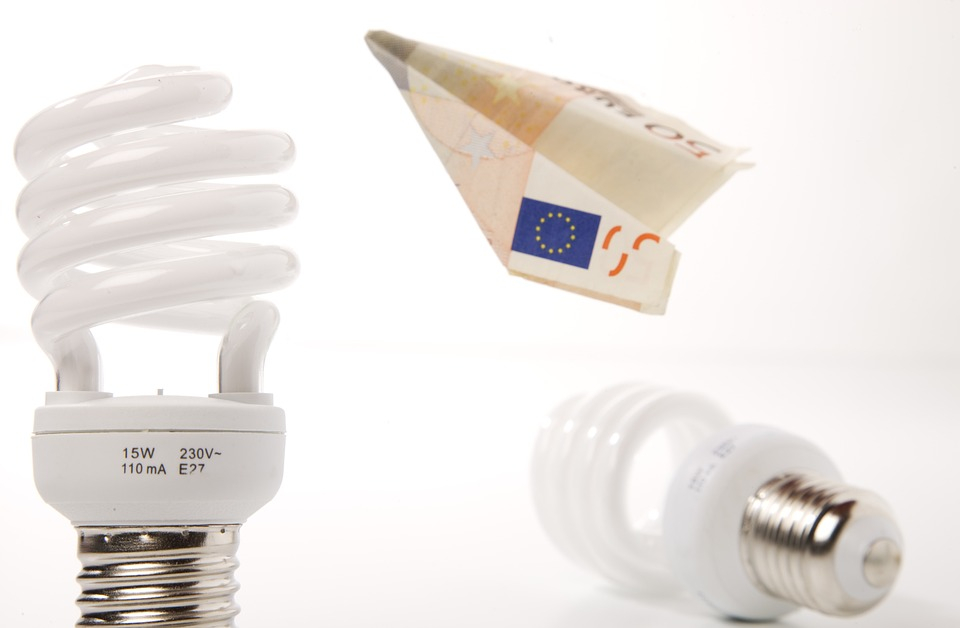As Poslovni Dnevnik writes, in less than two months, the government’s measures capping Croatian energy prices for electricity for households and companies will come to an end. What will happen from April the 1st onwards, and are we set to experience even more blows to our back pockets and bank accounts?
At the moment, prices on the wholesale market have stabilised – they’re between 150 and 170 euros, which is significantly lower than they were one year ago when they occasionally exceeded 400 euros, and on average were around 270 euros per megawatt hour. The government says that the situation is already being analysed in order to decide in time what to do next, more precisely after midnight on March the 31st, as reported by HRT.
At the beginning of February, people and companies became increasingly concerned about what will happen to electricity prices after March the 31st, 2023.
“What we as employers expect is to receive timely information on what happens with the prices of energy products after March the 31st. As I’ve repeatedly emphasised, an environment of safety and certainty is necessary for all employers,” said Irena Weber, the director of the Croatian Employers’ Association (HUP).
Individuals who have contracts with private suppliers are already receiving notices about the price increases from April the 1st on, and they’ve been instructed to switch to HEP. The government has yet to decide what will happen to electricity prices as of April the 1st.
“We tasked the competent ministers, primarily the Minister of Economy and the Minister of Finance, to prepare and analyse the situation for after April the 1st,” said Andrej Plenkovic when discussing Croatian energy price issues.
Due to the unusually warmer winter we’ve been experiencing, not to mention more favourable hydrological conditions, electricity prices on the market are currently lower than they were a year ago, but they are still significantly higher than before the crisis caused by the Russia-Ukraine war broke out and stand at around 160 euros per megawatt hour.
“The analyses show some predictions that such prices will remain what they are for least for the next two to three years,” said Drazen Jaksic, the director of the Hrvoje Pozar Energy Institute. People currently pay 59 euros per megawatt hour, which means that without the continuation of the Croatian energy price capping measures introduced by the government, electricity should become more expensive.
“I personally believe that these government measures, which are due to expire on March the 31st, will continue in some form, because suppliers would otherwise be forced to raise prices for people,” added Jaksic. The current measures enable consumers to get cheaper electricity this winter than in other countries, the Prime Minister reminds.
“These are enormous sums of money, we’re not talking about something small, these are large sums that made it possible for us to go through this crisis much more easily than we would have done without them,” said the Prime Minister.
The biggest part of that financial burden of all was transferred to HEP, which has the obligation to accept all consumers who want to leave private suppliers, and in the last four months there have been 41,000 such cases. Whatever happens after March the 31st, HEP says that it will adjust its electricity prices to be in line with the further decisions made by the government.
For more, make sure to check out our news section.










